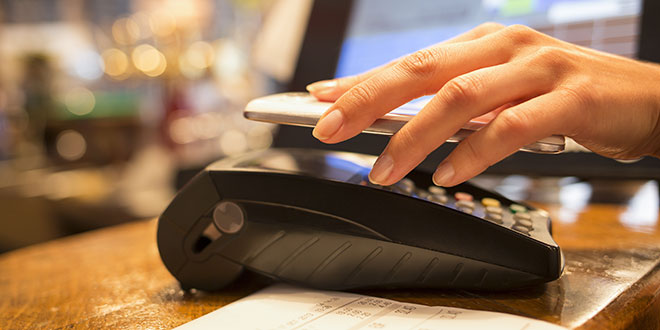As more retailers and restaurants move to not accept cash as a method of payment, some critics say the possibility of cashless retail could negatively impact the homeless and working poor, according to a report from Bloomberg.
Rebecca Esparza, who works in Kansas for Family Promise, a nonprofit that works with the homeless, says the move to cashless retail could cost retailers customers in the long run.
For the people she works with, cash is the go-to payment option because many people lack access to the financial resources fueling cashless retail, like checking accounts, debit cards and payment apps.
Bloomberg reports that in 2017, roughly 6.5 percent of U.S. households were “unbanked,” living without a checking or savings account. Additionally, 18.7 percent were considered “underbanked,” meaning they had a bank account, but used services like money orders, check cashing or payday loans.
Amazon Go, the company’s brick-and-mortar store, is one high-profile retailer that operates without accepting cash. However, some legislators are taking action to slow cashless retail.
In March, New Jersey passed legislation that banned certain kinds of cashless stores, joining Philadelphia, which passed a similar law in February. Massachusetts has a 1978 law that prohibits “discrimination against customers opting to use cash,” according to Bloomberg.
Currently, San Francisco, New York City, Chicago and Washington, D.C. are considering proposals to ban stores that don’t accept cash, according to the report.
Those who support cashless retail say there are many benefits. Some argue that by not using cash, employees save time by not having to make change or handle and store paper money.
Currently, the majority of retailers accept cash, Bloomberg notes. Richard Crone, CEO of payment advisory firm Crone Consulting, says today, less than 1 percent of brick-and-mortar retailers don’t accept cash. He projects that figure could rise to 10 percent in the next five years.
 Hardware Retailing The Industry's Source for Insights and Information
Hardware Retailing The Industry's Source for Insights and Information







